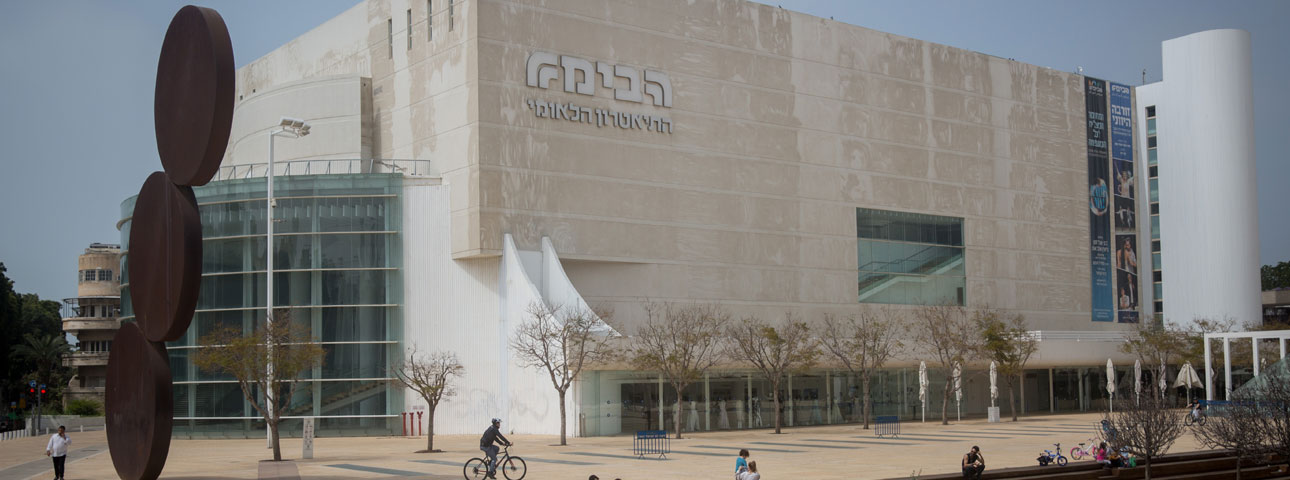Policy Recommendations for the Minister of Culture and Sports
After three contentious election campaigns Israel's new government has been sworn in. IDI's experts weigh-in with their recommendations on the most important issues on the agenda. Edna Harel-Fisher presents recommendations on cultural policy.

Flash 90
The Government’s To Do List
Cultivate public discourse on culture and cultural policy. Israel’s culture and cultural policy are core components of freedom of expression and reflect the possibility of its realization. They are bound up with the social, individual, and group identities of Israel’s citizens, influence social cohesion, and are linked to social trust. Efforts should be made to promote and encourage public involvement in the discourse and in the formulation of policy on culture.
Strengthen the Israel Council of Culture and the Arts: The minister should advance reforms regarding the composition, authority, status, and work practices of the Israel Council of Culture and the Arts. This should include setting well-defined limits on the powers of the ministry’s political and bureaucratic leadership, and regulations for appointments to positions within the Council so as to safeguard its independent status, its professionalism, and its commitment to the public interest. It is important to institute work procedures for the Council, which are based on transparency and on sharing information with the public on its activities, on Israeli culture, and on the development of cultural policy. Council members should be appointed based on their possession of the skills relevant to the field of culture and the arts, with due consideration given to the diversity of identities and cultures in Israeli society and the needs of various population groups. Taking into account input from the public, the Council should formulate multi-year cultural policies and plans which should then be periodically updated.
Expand culture education and cultural literacy from a young age, and enhance the accessibility of culture to all segments of the population, so as to provide citizens with the tools they need to exercise their right to culture, to participate in the public discourse on culture, c, to enjoy works of art and culture, and to be consumers of the arts. Education in culture and cultural literacy encourage exposure to diversity and the adoption of a multicultural perspective, and promotes social cohesion and trust.
Diversify the sources of public funding for culture in Israel. In order to reduce the dependency of cultural organizations on the judgment of government agencies which allocate public funds, additional funding channels should be developed, such as indirect public support for institutions and artists, or non-public sources of funding. However, it should be emphasized that direct public funding should be retained as the main source of public support, due to the inherent advantage in maintaining an overall perspective on cultural needs in Israel, and consequently - making it possible to respond to a variety of needs in different cultural fields, and among diverse population groups.
